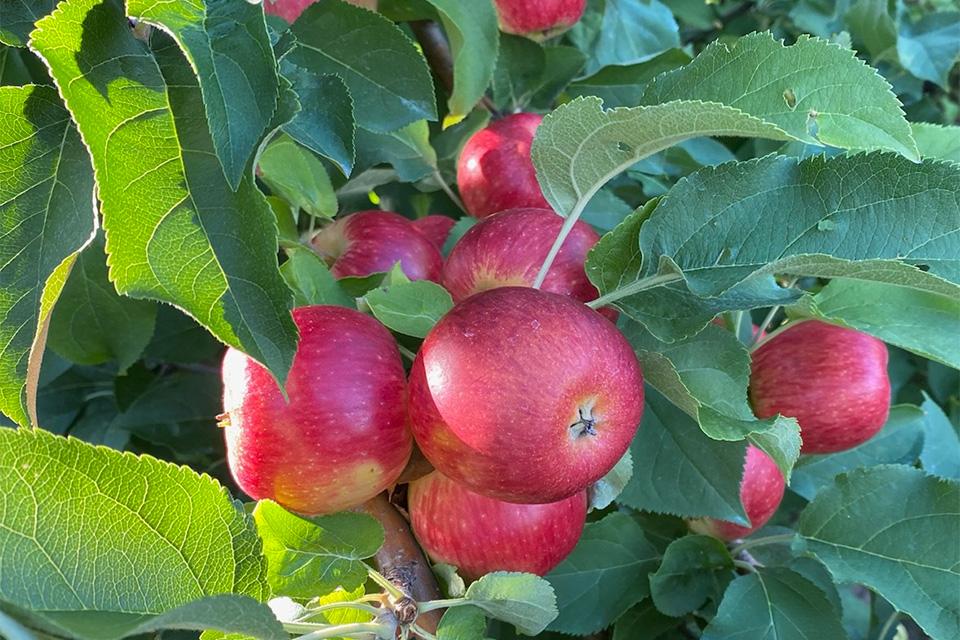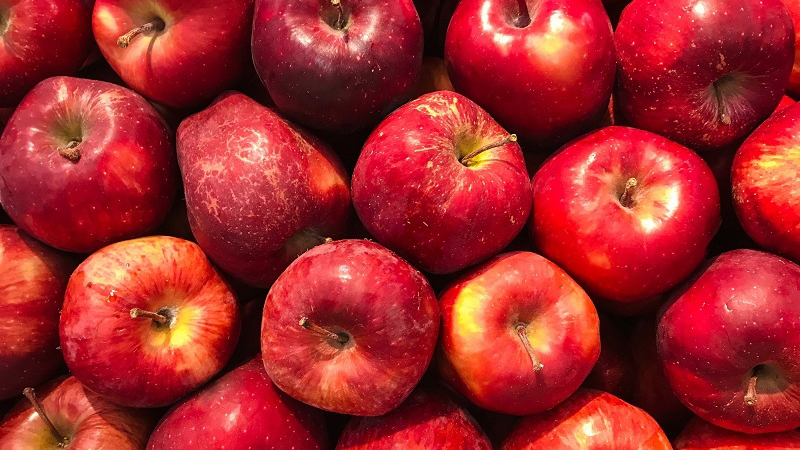Easing the Path To Market for Gene-Edited Fruit Crops

New FDA guidance seeks a reasonable balance between food safety assurance and easing the path to market for gene-edited plants.
Photo by Kenong Xu
The FDA on Feb. 22 issued its new guidance for gene-edited food and feed plants, titled Foods Derived from Plants Produced Using Genome Editing: Guidance for Industry. According to FDA, the guidance is nonbinding. However, it represents the agency’s current view on how food derived from gene-edited plants should be regulated.
FDA is one of the three federal authorities who regulate the products of biotechnology in the nation. The agency’s new guidance is considered critical for developers of gene-edited food and feed plants, including fruit trees. The other two federal agencies are the EPA and USDA Animal and Plant Health Inspection Service (APHIS).
Below are the most important messages conveyed in the new guidance:
FDA’S EXISTING POLICY
In 1992 FDA released a statement of policy, Foods Derived from New Plant Varieties (NPV), to regulate food derived from plants that were developed using conventional genetic modification (GM) techniques. Known as the NPV policy, it has been in effect ever since. Its goal was to address food safety concerns caused by the conventional GM techniques.
Prior to the new guidance being announced, the NPV policy had been used not only to regulate more than 200 conventional GM plants as intended but also to evaluate gene-edited plants on at least two occasions.
The NPV policy clearly has a risk-based principle. When evaluating food safety concerns, FDA relies on food objective characteristics and intended use rather than on biotechnological methods by which food was developed.
Having considered more than 580 public comments on how food derived from gene edited plants should be reviewed, FDA concluded that the NPV policy is also applicable to them.
While stating the NPV policy applicable, FDA also recognizes the tremendous technological advantages of gene-editing over conventional GM, thereby recommending two forward pathways (see below) to simplify its review process for gene edited plants.
VOLUNTARY PREMARKET CONSULTATIONS
Voluntary premarket consultations are the first pathway recommended for developers of gene-edited food plants. This pathway is essentially the same as the one that has been used under the NPV policy.
FDA strongly recommends developers take this pathway if the resultant plants contain the following edits of genome:
- Edits to native genes that make them like a known allergen or toxin relevant to human or animal health.
- Edits that markedly elevate the levels of harmful phytocomponents for humans and animals, such as toxicants, allergens, or anti-nutrients.
- Edits that lead to a substantial change in the nutritional value of food.
- Edits that enable the food plants to be used much differently from their traditional usage.
- Edits that result in introduction of a foreign gene(s) or an increase in copy number of native genes.
Clearly, FDA sees no difference between conventional GM crops and those that are gene-edited but inherently have a high risk in food safety.
VOLUNTARY PREMARKET MEETINGS
Voluntary premarket meetings represent the second pathway. This pathway is recommended for gene-edited food plants that do not have any edits described above, thereby being considered less risky as food and feed.
The purpose of creating this pathway is to keep FDA informed on what types of food from gene-edited plants are being marketed and what steps developers have taken to ensure safe food consumption.
Since such edits of genome are less likely to cause food safety concerns, the second pathway (premarket meetings) is expected to take less time than the first pathway (premarket consultation), easing the path to market for food derived from gene-edited plants of low risk.
For woody fruit crops like apples, many genome edits are considered of low risk in food safety, such as those that can increase fruit yield and storability, those that can improve disease resistance, and those that can increase abiotic stress tolerance.
In summary, the FDA new guidance clarifies that its NPV policy is applicable to food derived from gene-edited plants. FDA recommends developers take the premarket consultation pathway when their edits of genome have a high risk in food safety.
For those that have a low risk, developers can use the premarket meeting pathway for quick access to market. Overall, the new guidance strives for a reasonable balance between food safety assurance and easing path to market for foods derived from gene-edited plants.










